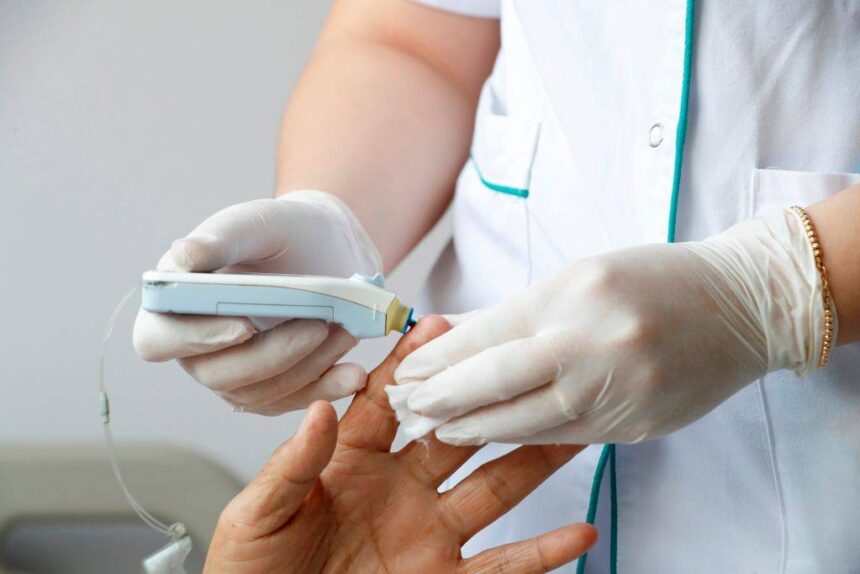Without accurate data, it is difficult to measure the success of interventions and track the impact of diabetes on the population. This lack of information also hinders the ability to allocate resources effectively and tailor interventions to specific populations at risk.
Furthermore, the stigma associated with diabetes and other NCDs can prevent people from seeking treatment or disclosing their condition. This further exacerbates the problem and leads to increased mortality rates.
It is clear that more needs to be done to address diabetes in South Africa. This includes improving data collection methods, implementing screening programs, and expanding access to essential medicines and healthcare services. Education and awareness campaigns are also crucial in combating the stigma surrounding diabetes and encouraging people to seek help.
By taking a comprehensive and multi-faceted approach to diabetes prevention and management, South Africa can work towards reducing premature deaths from NCDs and achieving the goals set out by the WHO and the United Nations. It is imperative that the government, healthcare providers, and civil society work together to prioritize diabetes care and create a healthier future for all South Africans.
With the right strategies and investments, diabetes does not have to be a death sentence. By addressing the root causes of the disease and providing timely and effective treatment, we can save lives and improve the overall health and well-being of the population.
It is time to make diabetes a priority in South Africa and ensure that no one has to die prematurely from this preventable and manageable condition.
South Africa is facing a growing diabetes crisis, with millions of adults projected to have the condition by 2030. The International Diabetes Foundation estimates that by this time, 5.4 million adults in the country will have diabetes, with nearly half of them going undiagnosed and untreated.
The consequences of untreated diabetes can be severe, leading to complications such as nerve damage, blindness, amputations, and an increased risk of other non-communicable diseases like heart problems and high blood pressure. These health complications come at a significant cost to the healthcare system.
In 2018 alone, the treatment of diagnosed diabetes cases cost the state R2.7 billion, including expenses for medication, tests, and health workers’ salaries. If undiagnosed patients were included, the bill would have skyrocketed to nearly R21.8 billion, accounting for about 10% of the total government budget for that year.
Moreover, diabetes-related complications can have broader economic implications, particularly for individuals in the 35 to 64 age group, who are the most economically productive segment of the population. Missed work or job loss due to diabetes can impact entire families and strain the country’s workforce.
To address this growing health and economic burden, experts emphasize the importance of investing in prevention strategies. Encouraging healthier lifestyle choices, such as quitting smoking, reducing alcohol consumption, and adopting a balanced diet, can help prevent the onset of diabetes and other NCDs. By taking a whole-society approach to prevention, communities can become healthier overall, leading to better long-term outcomes.
By prioritizing prevention over costly management of diabetes and its complications, South Africa can alleviate pressure on its healthcare system and workforce. A concerted effort to promote healthy living habits and reduce the prevalence of diabetes will not only save lives but also save valuable financial resources in the long run.
This article was produced by the Bhekisisa Centre for Health Journalism. Stay informed by signing up for their newsletter.








